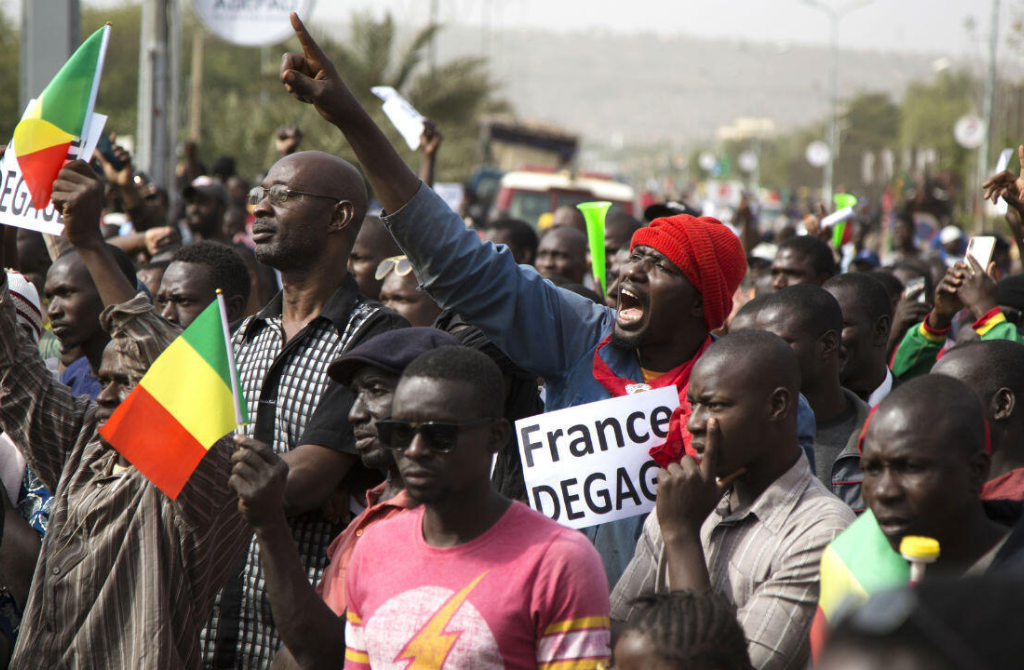Mali: Popular outrage over France’s clandestine presence

Tensions between Mali and France have escalated following the arrest of a French diplomatic agent in Bamako last August, identified by Malian authorities as an operative for France’s DGSE intelligence service. The incident has exposed what many suspected: despite its official military withdrawal, France has maintained a clandestine presence in the country.
According to Malian sources, the agent was not engaged in counterterrorism cooperation but was mapping, influencing, and manipulating local security dynamics.
In response, Mali has suspended its counterterrorism cooperation with France and expelled two French diplomats a move Paris has labeled “hostile.”
Public sentiment in Mali has hardened. From Bamako to Mopti, citizens, intellectuals, and civil groups are demanding a complete break with French intelligence services, now widely seen as a front for espionage and political interference.
France has attempted to control the narrative, casting itself as a betrayed ally. Yet evidence suggests ongoing covert activity contradicts its official stance of disengagement.
As Mali and its Alliance of Sahel States (AES) partners pursue structural not just ideological sovereignty, the presence of foreign intelligence operatives under diplomatic cover is increasingly untenable.
Civil society remains vigilant, aware that true sovereignty requires constant vigilance.
Read also: Mali: When Paris attempts media manipulation to conceal its humiliating eviction
Emile YEMPABE






